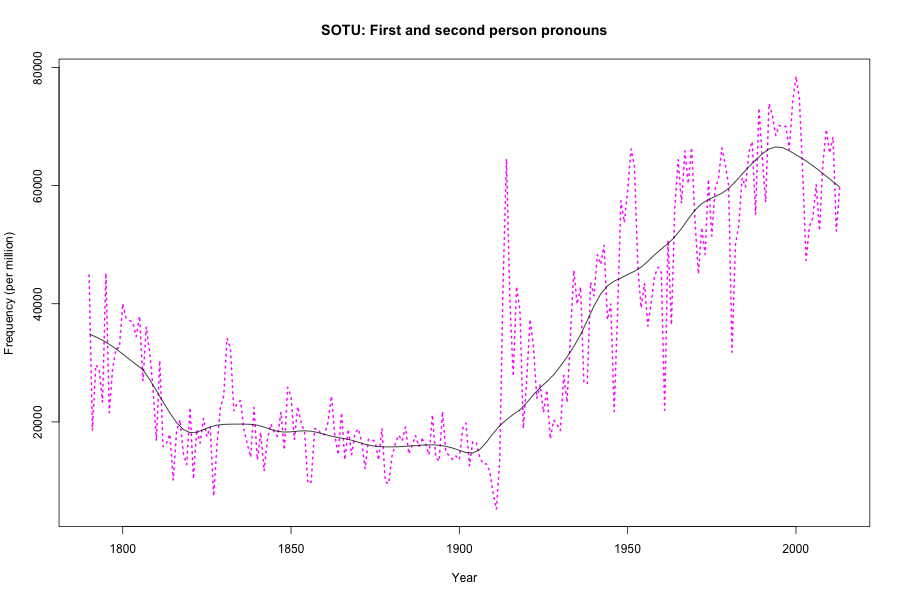Twitter mwitter
"'Mwitter' to replace Twitter in Turkey?", Hurriyet 3/20/2014:
Only minutes after Prime Minister Recep Tayyip Erdoğan vowed to close down Twitter today, a new website was formed, either as a tribute from his followers or a mocking attempt from his critics: "Mwitter"
Erdoğan had earlier said in Turkish: "Twitter, mwitter kökünü kazıyacağız," translated into English as: "We’ll eradicate Twitter."
In colloquial Turkish, the "m" phrase cannot be translated easily into any language as it is not a regular lexical item. Its meaning (or the lack of meaning) depends on the intention of the speaker.
As one study explains:
"Semantically, reduplication with m-sound means 'and so on', 'such,' 'kind of,' 'sort of' depending on the meaning of the first part of the reduplicative form being ahead of m-insertion. [It] allows the speaker to give less than the amount of information requested, while still appearing cooperative. It indicates that the speaker does not wish to specify or elaborate, but instead appeals to the participant's common ground for inferring the intended meaning."
Read the rest of this entry »


